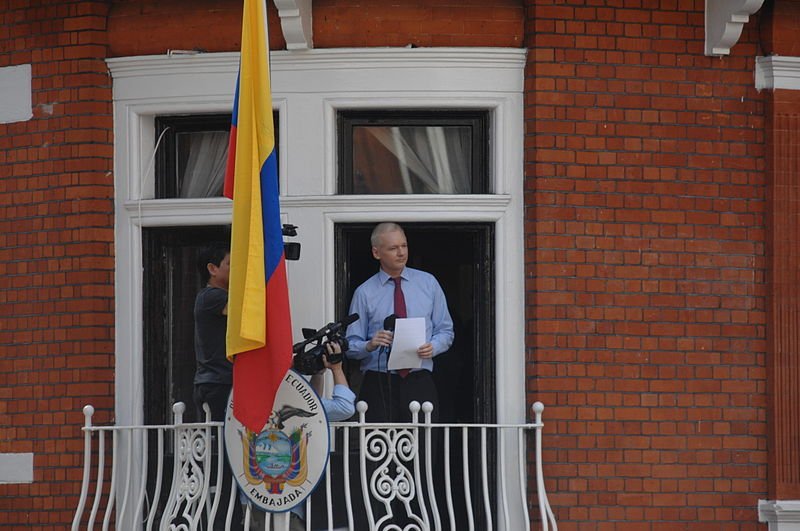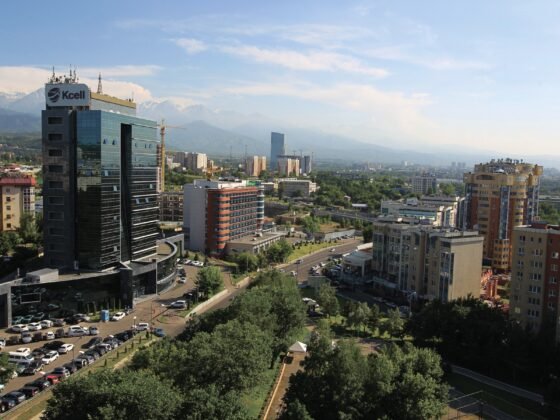(Valdai Club) On April 11, 2019, London police arrested WikiLeaks founder Julian Assange at the Ecuadorian Embassy. He was denied further asylum. Today, the fuss caused by the publication of thousands of classified documents in the early 2010s is almost forgotten, but Assange has already entered the history of diplomacy, claims Stanislav Tkachenko, a Visiting Professor at the Research Centre for the Economies and Politics of Transitional Countries at Liaoning University.
If we exaggerate a little, we can say that the whole history of diplomacy can be divided into two periods: “before” and “after” WikiLeaks, because never before has there been such a sweeping release of documents describing the routine, practice and style of diplomacy, as well as the extent of the interaction between diplomats, special services, politicians and government organisations. When the scale of these secretive operations and the facts themselves, such as the US presence in Iraq or how American diplomats watch Russia, were revealed seven years ago, it was nothing short of a revolution. For diplomacy, this was a defining moment, and the way the US reacted to Assange and Snowden shows that it wants to preserve an aura of secrecy which is no longer possible in the 21st century. Washington’s response could be likened to Don Quixote battling the windmills. […]
Read More © Valdai Club











